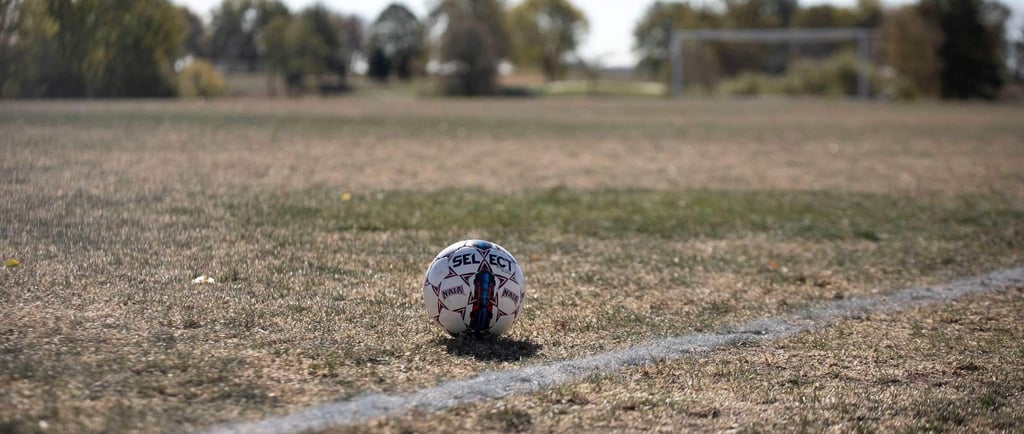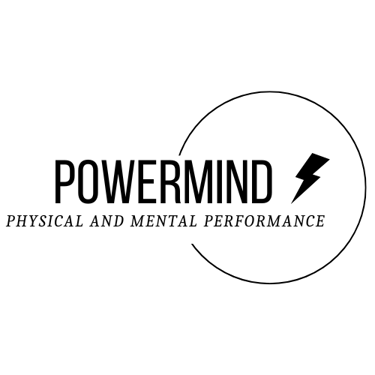How Mental Performance Helps Me Overcome Tough Moments on the Field
2/21/20253 min read


As a soccer player, I'm often faced with challenges and tough situations. It can be a not making the starting lineup, making a bad pass, or doing a mistake in front of my goal. These moments can feel terrible. But my experience as a mental performance coach has helped me not only guide my clients through these moments, but also handle them better myself. The tools I use to help others perform at their best in sports also help me manage my own performance and emotions on the field.
A perfect example of this happened recently during a recent training session. We were working on set pieces, and I was in a position to score from a corner kick. It was early in the morning, and the sun was shining. The goal was positioned near a few trees, so some parts of the area were shaded.
As the ball came toward me, I thought some of my teammates were going to get a head on it, but the ball passed over their heads and was heading straight for me. At that exact moment, the tree branches shifted, and the sun came blasting into my eyes. I was completely blinded.
For a few seconds, I couldn’t see a thing. It was the first time this had ever happened to me. Normally, the sun might hurt my eyes a little, but this time, it totally wiped out my vision. The ball bounced near me, but I couldn’t even react. I couldn’t see it coming.
From the outside, it probably looked like I didn’t even move. My teammates started shouting at me, saying that I should have done better. They were right. I would probably have thought the same if I were them. But this time, I felt stupid. I felt like I had let the team down. And honestly, I felt a knot in my chest and a lot of shame. My confidence took a hit.
I then got subbed out. It gave me a chance to reflect. The period after a mistake I a crucial moment for athletes. You can either let negative self-talk take over your thoughts and feelings, or you can take control of the situation and refocus. If you let the bad thoughts take over, your confidence will continue to erode, and you’ll carry that into your next moment on the field. That’s exactly what you don’t want.
So, instead of letting myself dwell on the mistake, I chose to think objectively. The fact that the sun blinded me? That wasn’t something I could control. I couldn’t have predicted when or where the branches would shift. It just happened. And it’s a situation that I couldn’t have changed. So I asked myself, “What could I have done differently?”
One of the things under my control was my body position. Maybe I could have adjusted, but it was really hard to predict where the ball would go in that situation. But the key thing I could control was my next action.
I decided to focus on my next action. I even visualized myself successfully heading the ball into the goal, as a way to reset my focus. Of course, I still felt bad about the mistake. Nobody likes messing up in front of their teammates, but using some mental strategies helped me get back to a better headspace. And that’s how mental performance can make a real difference.
In sports, these kinds of things happen all the time. The most important tool I rely on is understanding what is and isn’t in my control. If something is beyond my control, I don’t waste my time or energy on it. If it is something I can control, then I shift my focus and spend my mental energy figuring out how to handle it better next time.
If you’re looking for more support in dealing with mistakes and improving your mental game, don’t hesitate to reach out. I’d love to help you solidify your mental game!


